Celiac disease: Who should be tested
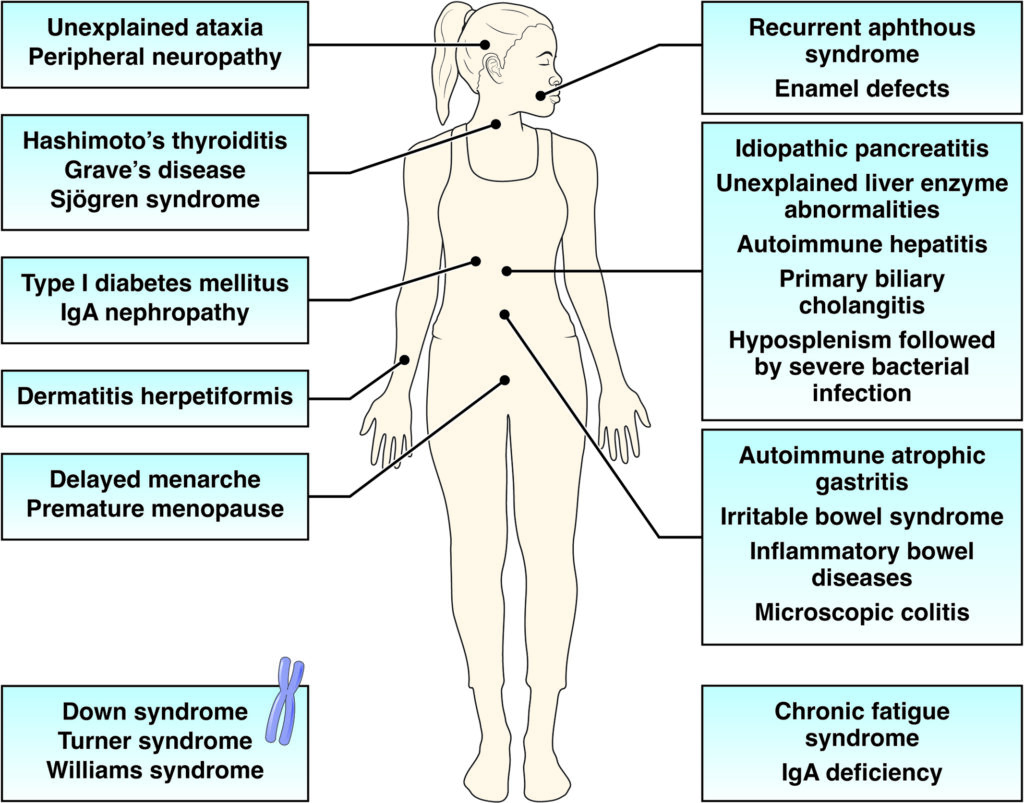
If you’ve been diagnosed with a condition related to celiac disease or have other risk factors, does that mean you should be tested for celiac disease?
Iron deficiency anemia
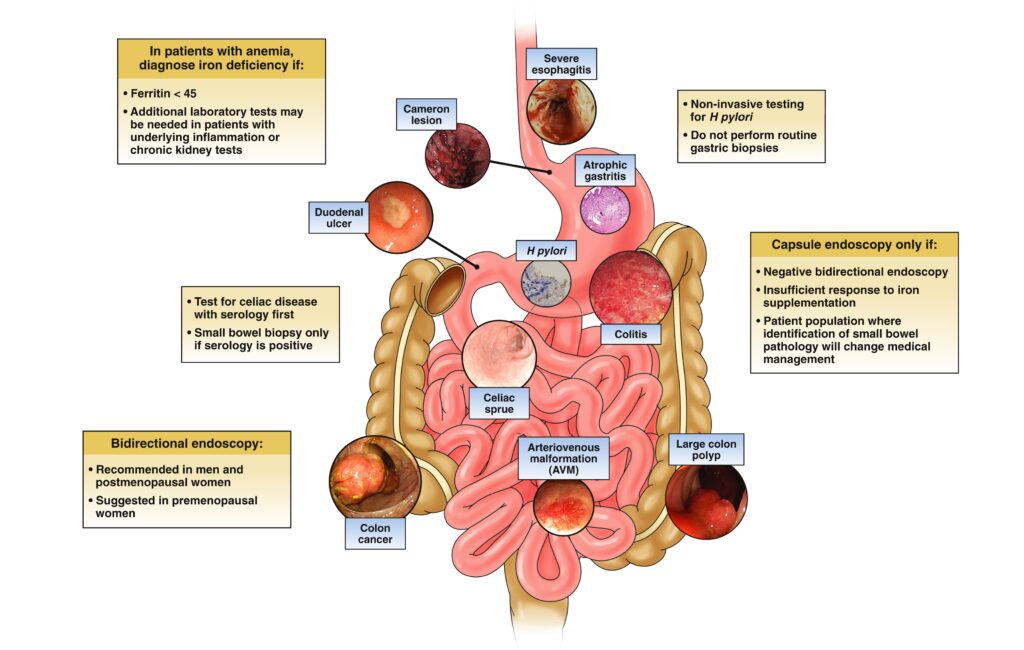
Iron deficiency anemia is the most common type of anemia that happens when you don’t have enough iron to make healthy red blood cells.
Six-food elimination diet (SFED)
The six-food elimination diet (SFED) is often a successful treatment for patients with eosinophilic esophagitis (EoE).
Endoscopy (upper GI)
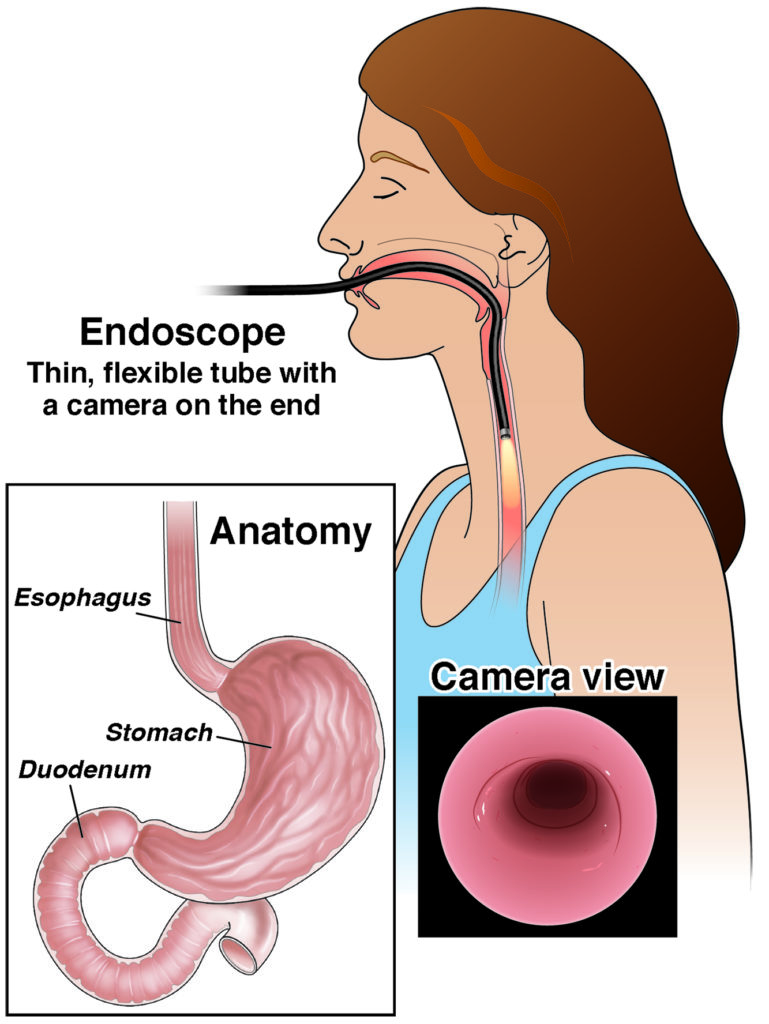
Upper GI endoscopy is a procedure to view the upper digestive tract, which includes the esophagus, stomach and beginning of the small intestine.
Endoscopic ultrasound (EUS)
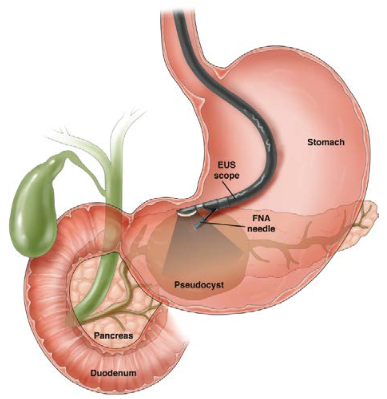
An endoscopic ultrasound is a procedure performed by a gastroenterologist, who uses a combination of endoscopy and ultrasound to look at the digestive tract and nearby organs and tissues.
Endoscopic retrograde cholangiopancreatography (ERCP)
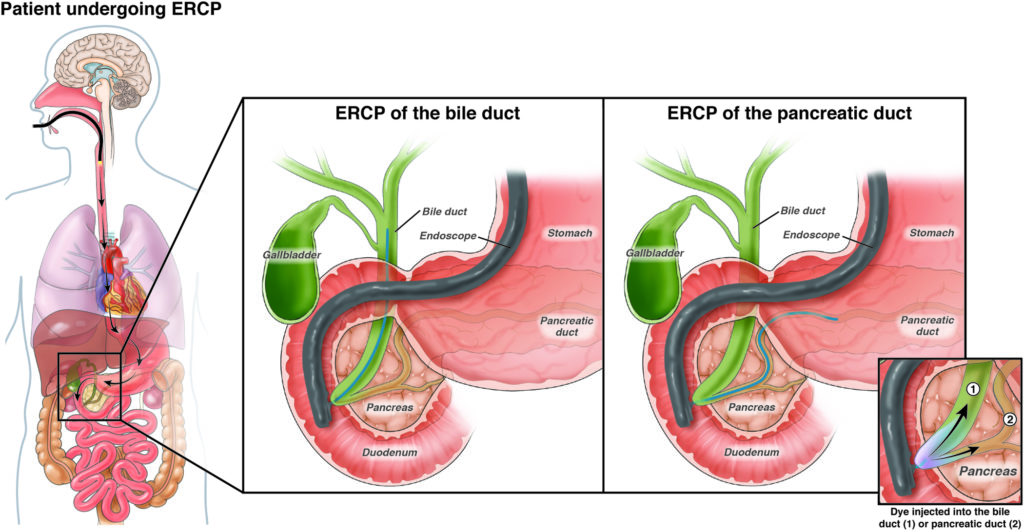
Endoscopic retrograde cholangiopancreatography (ERCP) is a procedure that uses endoscopy, x-ray and dye to view the biliary tract and pancreatic ducts and possibly treat issues there.
Gastroesophageal reflux disease (GERD)
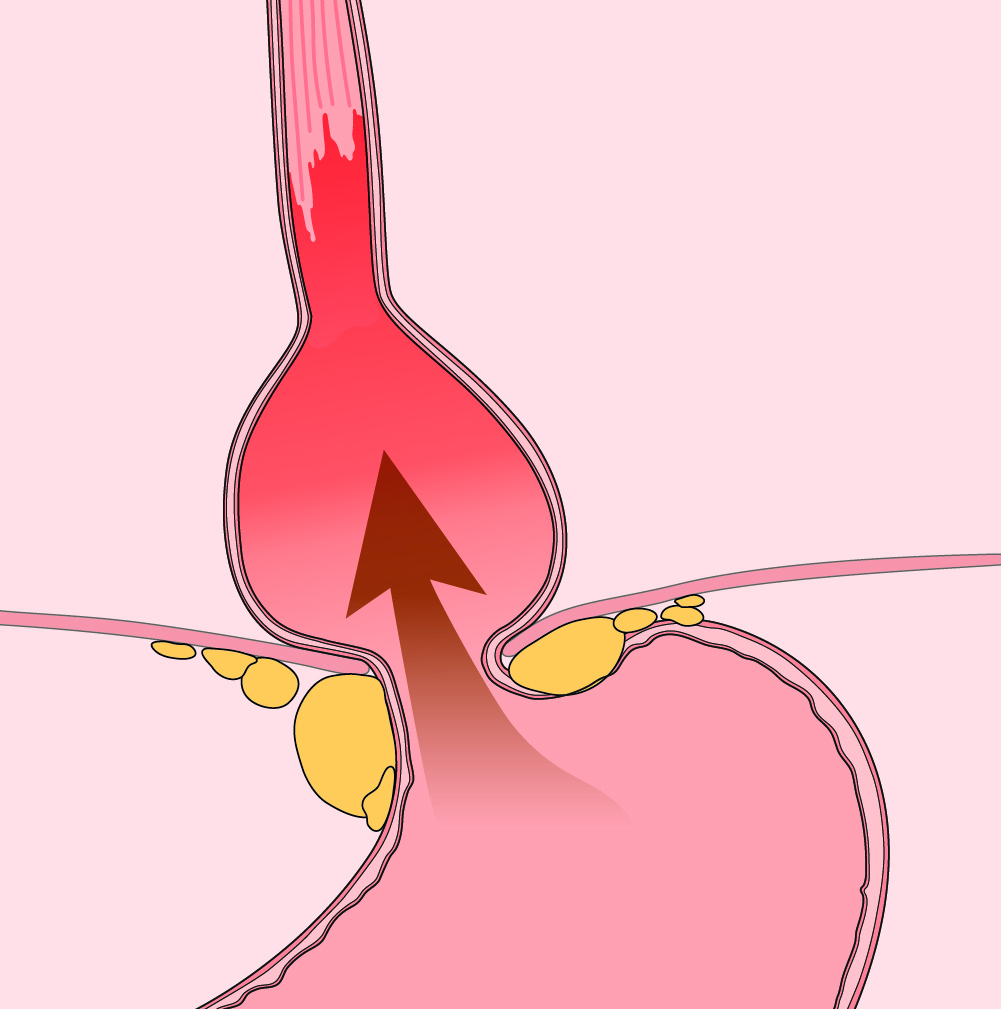
Gastroesophageal reflux disease (GERD), or just acid reflux, is when stomach acid frequently flows back into the esophagus. Heartburn is the most common symptom of GERD.
Eosinophilic esophagitis (EoE)
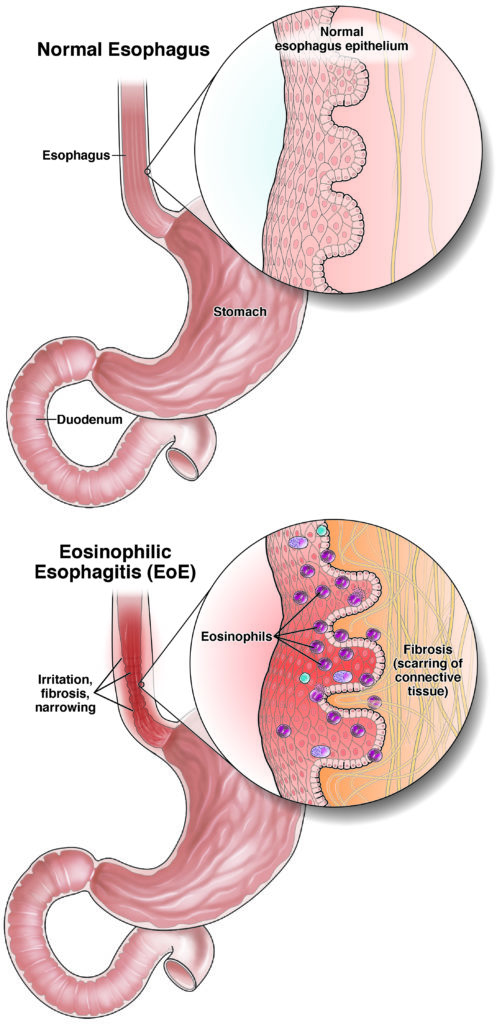
Eosinophilic esophagitis (EoE) is when white blood cells build up in the esophagus and may result in trouble swallowing, heartburn and reflux.
Gastroparesis
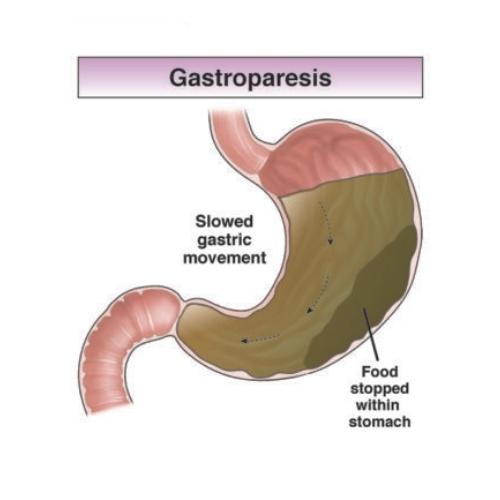
Gastroparesis or delayed gastric emptying is when the stomach has trouble clearing out its contents, possibly due to issues with the stomach muscles, nerves, or brain and spinal cord nerves.
Dyspepsia
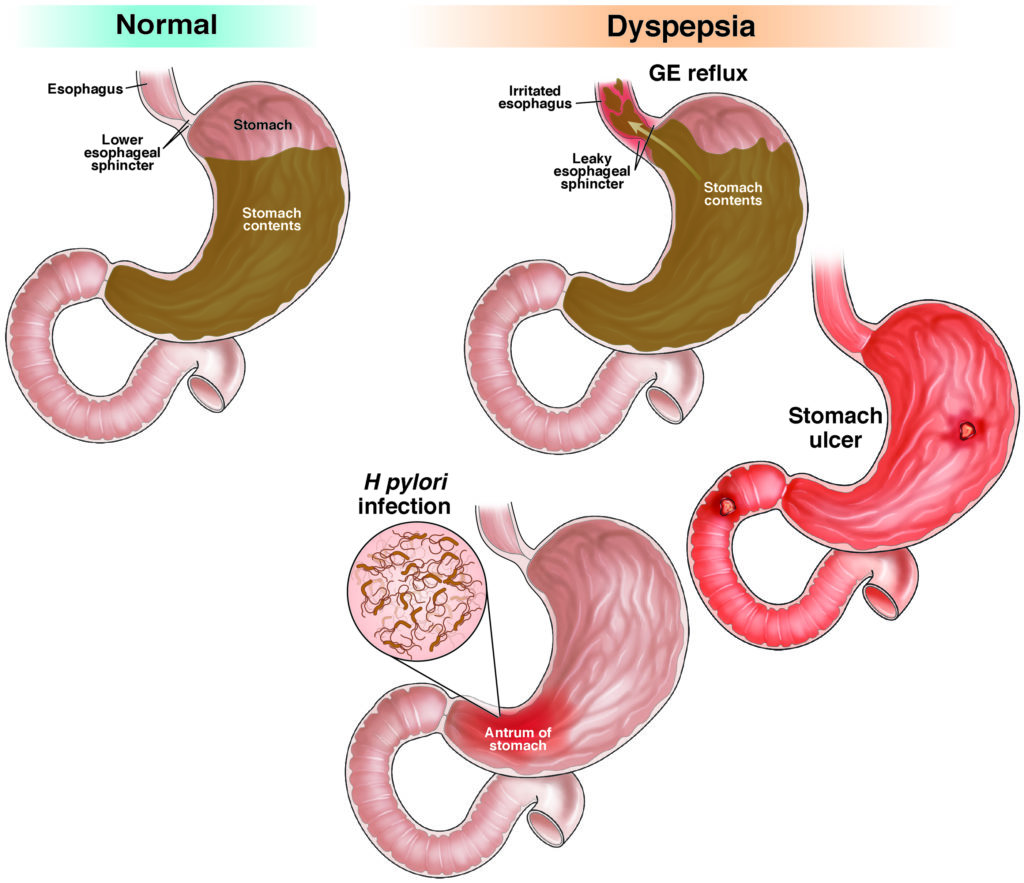
Dyspepsia, or indigestion, may cause upper abdominal pain, burning or heat, and the stomach feeling full during or after eating.


